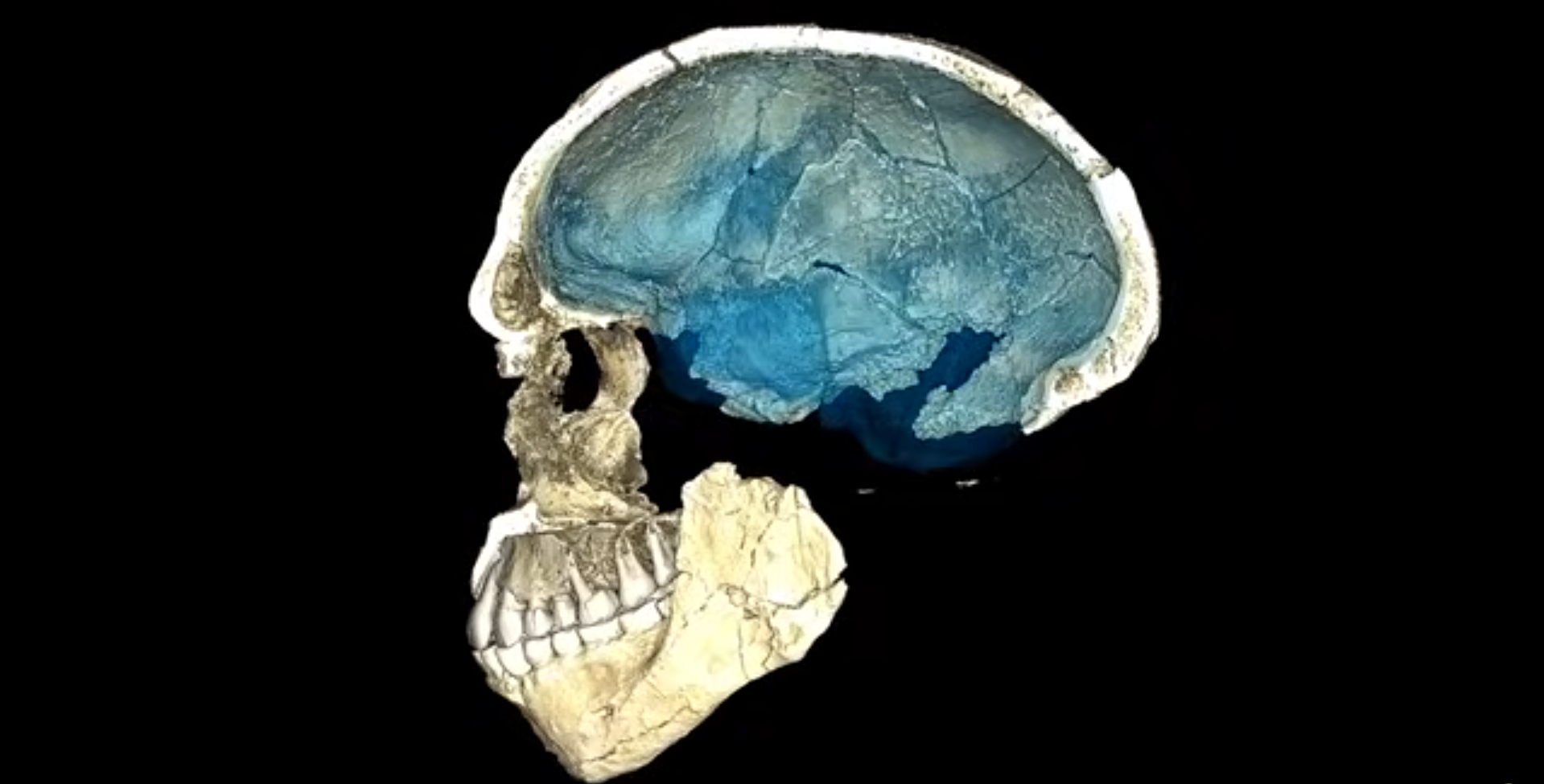Did a superhuman genetic mutation reshape human evolution? The abrupt emergence of advanced human culture over a short period remains a mystery.
Anthropological evidence suggests a radical shift in behavior during the early years of modern humans, marked by intellectual, technological, and cultural advancements.
The cause behind this drastic change has puzzled scientists, leading to various theories. One compelling explanation is a fortuitous genetic mutation that may have triggered a fully modern brain, as supported by recent scientific studies.
Researchers identified a mutation in the tktl1 gene occurring around 48,000 years ago, differentiating modern humans from Neanderthals.
This genetic alteration increased the production of brain cells, reshaping the brain’s neural processes without significantly changing its overall size.
Despite the limited information from fossilized skulls, this mutation likely played a pivotal role in enhancing cognitive abilities, such as speech, language, and complex thinking.
Nose picking likely “partially” to blame for Alzheimer’s disease
The study emphasizes that size isn’t the sole determinant of intelligence, highlighting the importance of specific genetic mutations in human evolution.
As modern humans outsmarted Neanderthals, they gained dominance, armed with advanced tools like spear throwers and bows.
The findings underscore the intricate relationship between genetic mutations and the evolution of human cognitive abilities, providing a glimpse into the mysterious journey of our species.
Source: Ancient Origins
Ask me anything
Explore related questions





